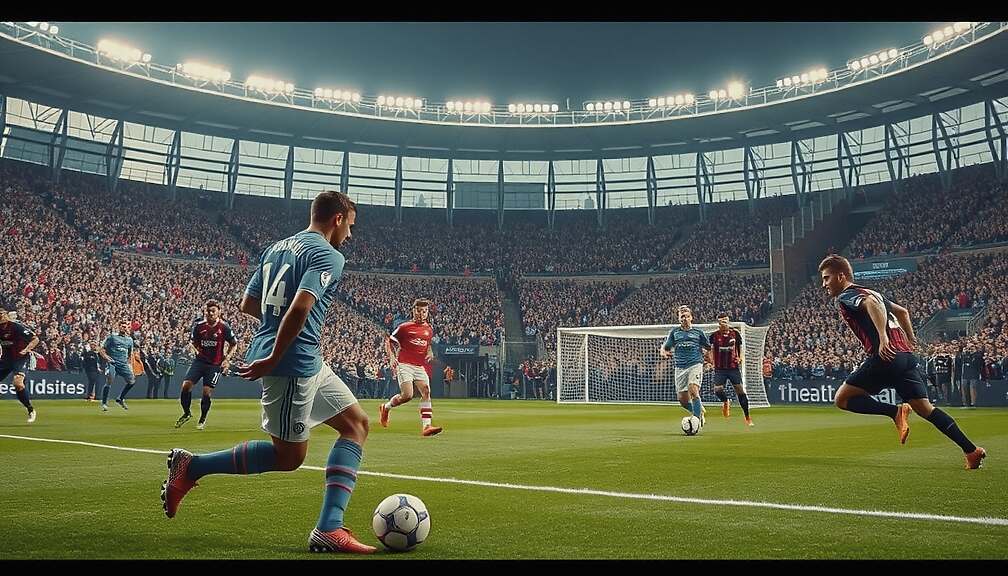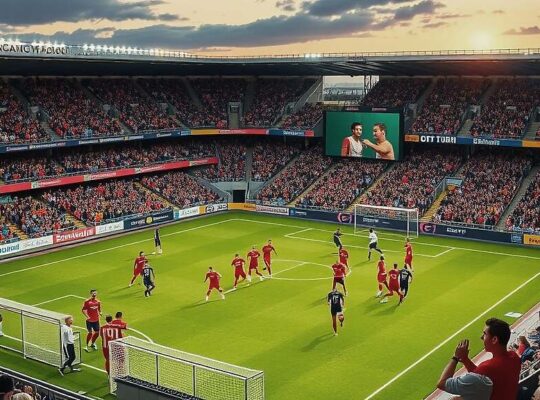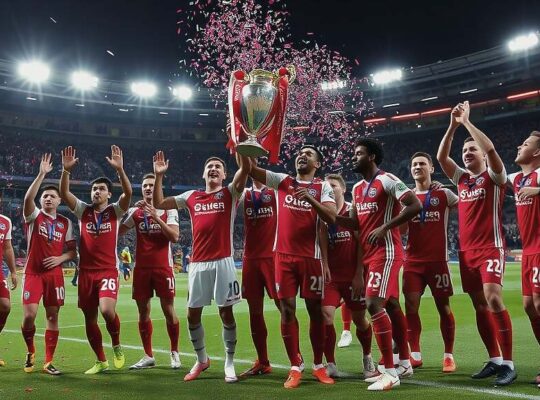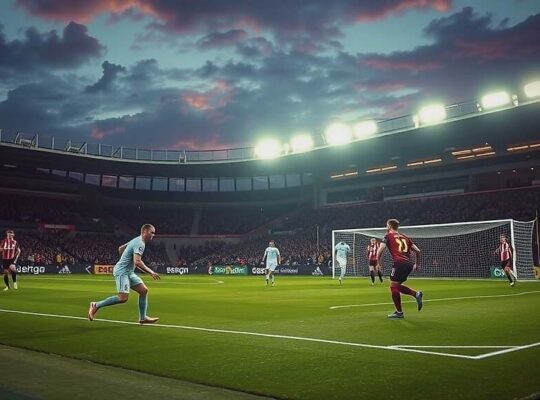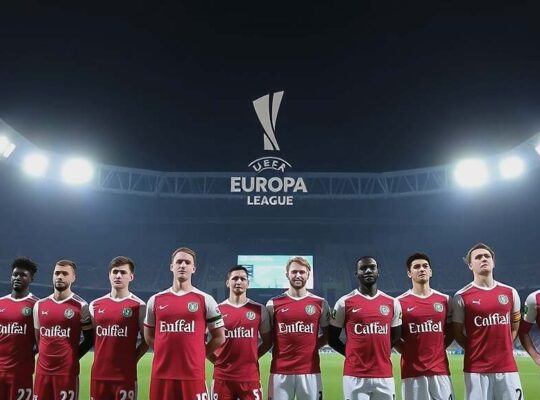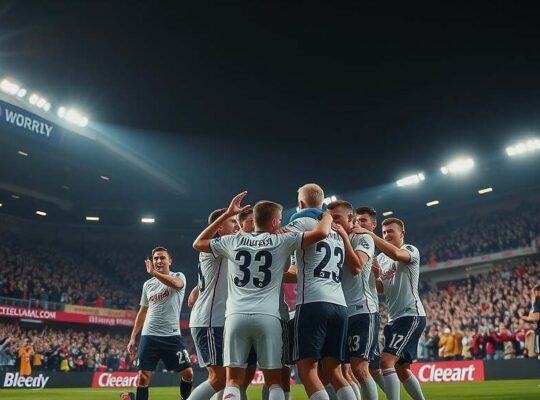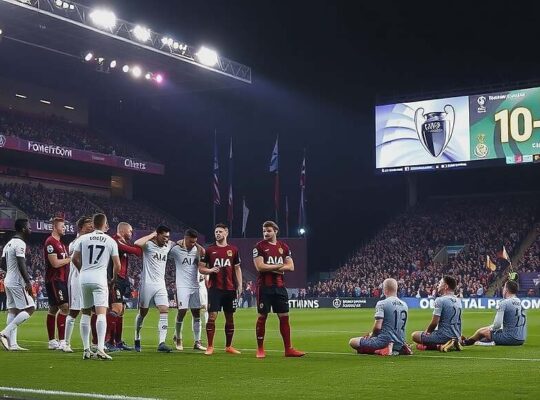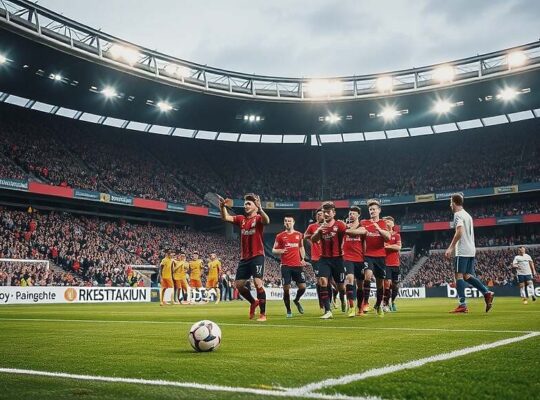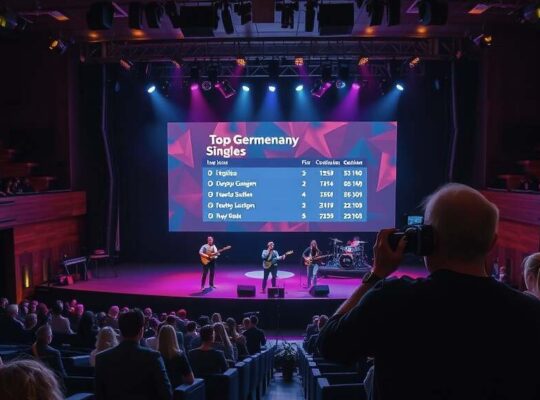The German Cup, the DFB-Pokal, delivered a series of compelling matches this week, revealing vulnerabilities in Bundesliga stalwarts and highlighting the disruptive potential of lower-league contenders. While established teams largely progressed, their paths to the next round were far from straightforward, raising questions about their current form and tactical preparedness ahead of crucial league fixtures.
The contest between Bayer Leverkusen and Paderborn stands out as a particularly concerning performance for Xabi Alonso’s side. Forced into extra time and ultimately securing a narrow 4-2 victory, Leverkusen’s vulnerability against a team from the second division exposed a potential lack of focus and intensity. The red card received by Felix Götze further complicated matters and Paderborn’s late equalizer, courtesy of Stefano Marino, signalled a disconcerting collapse of defensive structure. The eventual goals conceded in the dying minutes, into an empty Leverkusen net, felt emblematic of a team struggling to impose dominance. This result will inevitably fuel scrutiny regarding squad depth and tactical flexibility as Leverkusen navigate a challenging season.
Elsewhere, 1. FC Magdeburg’s comfortable 3-0 victory over Illertissen, the last remaining team from the Regionalliga, underscores the potential for upsets in the competition. While such results are expected, Magdeburg’s comprehensive win demonstrates the burgeoning confidence within their ranks and highlights the significant gap in resources and experience often masked by the inherent drama of the cup format. They represent a genuine threat to disrupt the established order.
1. FC Kaiserslautern’s victory over Greuther Fürth, secured by Naatan Skyttä’s goal following strong pressing, was similarly secure, but the narrow margin suggests Fürth’s resilience. Kaiserslautern’s ability to capitalize on that early pressure will be a key factor in their continued progress.
The victory for VfB Stuttgart, achieved with a convincing 2-0 win against Mainz 05, represented a more routine progression. Luca Jaquez’s early goal, followed by Atakan Karazor’s decisive strike, painted a picture of a team executing their game plan effectively. However, Mainz’s generally harmless display raises concerns about their own form and their ability to challenge high-ranking opponents. The lack of genuine attacking threat from Mainz suggests a deeper malaise within the club, demanding serious reflection on squad management and tactical choices.
The DFB-Pokal, historically a barometer for team cohesion and mental fortitude, is once again proving to be a fertile ground for unexpected narratives and critical assessments of Bundesliga form.


